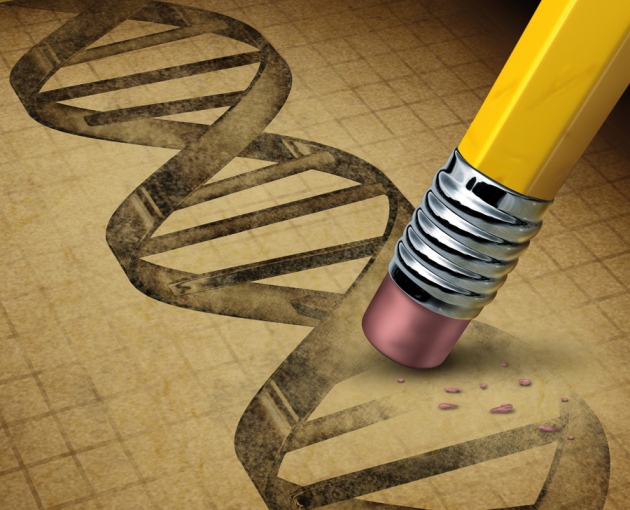Astronauts are some of the bravest men and women on the face of the planet, but the first crew to venture past the Moon and head all the way to Mars will be pioneers of an entirely new variety. They’ll also be at a potentially extreme risk of a variety of ailments that comes with such a journey, including an increased probability of cancer due to radiation from space. A new proposal could change that, with NASA considering the possibility of actually modifying the DNA of Mars travelers in order to make their bodies more resilient to the dangers of the trip.
Dr. Douglas Terrier, NASA’s acting Chief Technologist, reportedly spoke about the possibility of tweaking the DNA of Mars astronauts during a recent event in London. “We’re looking at a range of things,” Terrier told The Times. “From drug therapies, and those seem to be quite promising, to more extreme things like epigenetic modification all the way to manipulation. I think those have a lot of ethical consequences so they’re still in the experimental thought stages.”
DNA manipulation and modification is obviously an incredibly extreme step to take, but it could produce real benefits for any Earthlings hoping to make it to Mars in good health. When traveling outside of Earth’s protection, the high-energy particles bombarding astronauts in space are imperceptible, but post real dangers.
According to NASA, astronauts aboard the International Space Station experience up to ten times the radiation that we deal with here on Earth. On the surface of our planet, Earth’s magnetic field protects us from the bulk of the charged particles flying towards us, but astronauts obviously don’t have that safeguard. For a long-haul trip like Mars, the crew would be exposed to an incredible amount of radiation, and NASA is still figuring out how to deal with it.
DNA alteration might not be the only solution, however, and other possible protective measures like special suits or modifications to the spacecraft itself have been suggested. NASA’s current plans focus on an orbital journal to Mars sometime around 2030, so there’s still time to figure it out.








